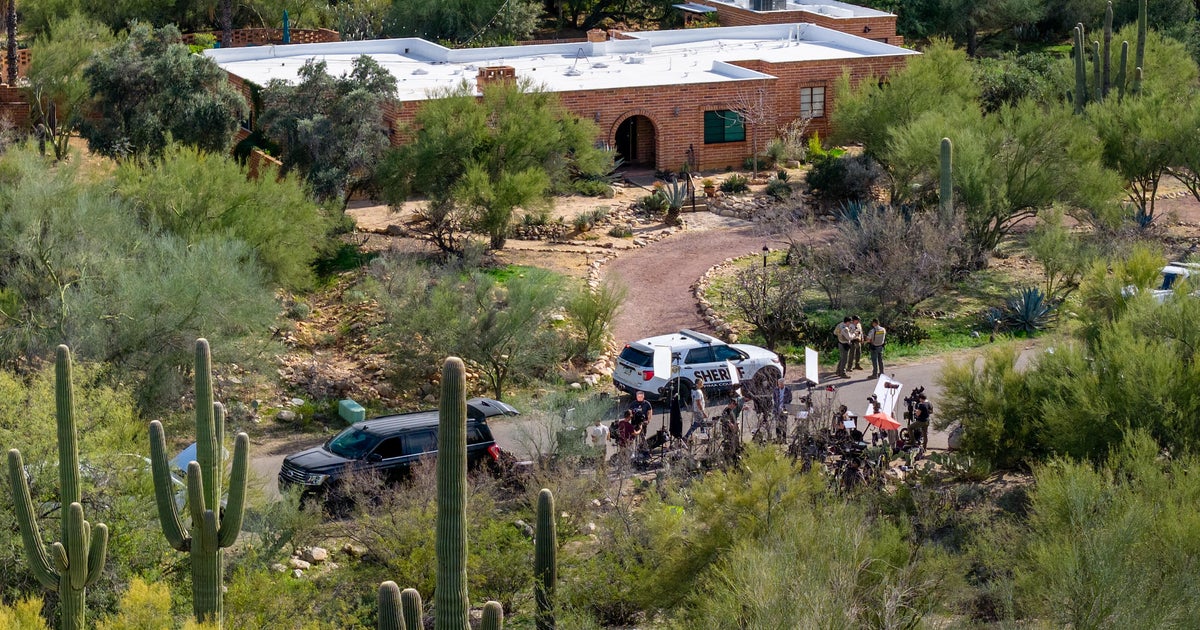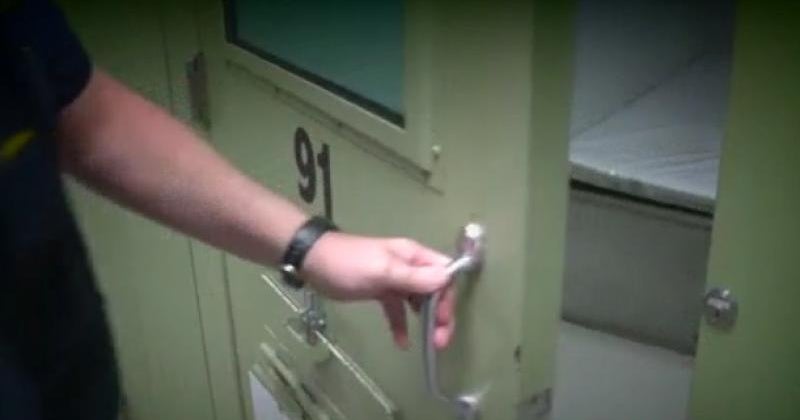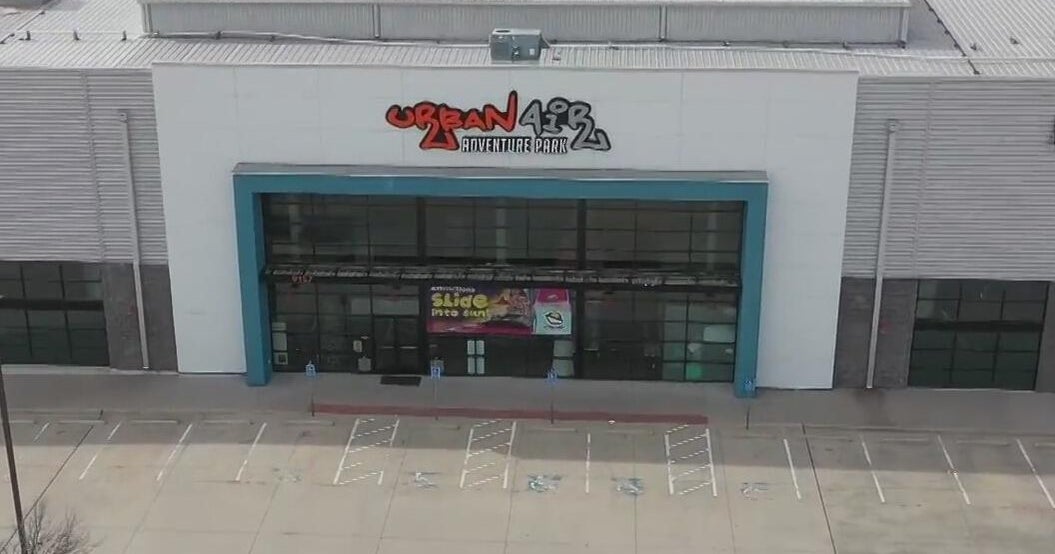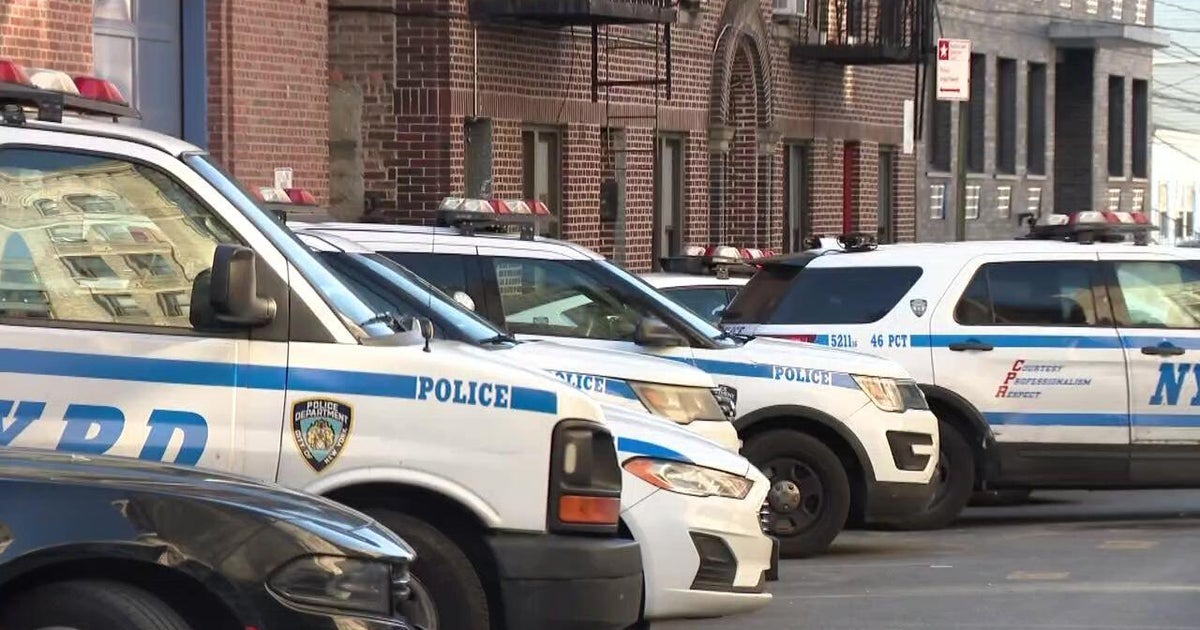FBI Warning: Fake Kidnapping Calls Are On The Rise
Follow CBSMIAMI.COM: Facebook | Twitter
MIAMI (CBSMiami) -- The FBI is out with a new warning about an increase in fake kidnapping calls. That's when criminals lie about taking a loved one, and then demand money.
The FBI has launched an awareness campaign on Monday to fight the growing scam.
Don Ferguson fell victim to the scam.
"I don't think my adrenaline has ever been that high," Ferguson explained. "He told me if I dropped this call, that he was gonna kill my son."
Ferguson is from the Dallas area.
Kidnappers called Valerie Sobel in Los Angeles too, saying they'd taken her daughter.
"The man says, 'We have cut off her finger and if you want the rest of her in a body bag, it's your choice,'" Sobel said.
To get her back, he told Sobel she'd have to send them money. And in the meantime, "if you disconnect this phone, she's dead. If you don't follow exactly what I tell you, she's dead," the kidnappers said.
Sobel stayed on the line for over two hours and sent close to $4,000 dollars to Mexico as directed. Then the would-be kidnappers hung up. But her daughter hadn't been kidnapped. She was fine.
The FBI says these fake kidnapping calls are on the rise.
Tim Ferguson is an FBI assistant section chief who says those calls usually come from criminals in Mexican prisons.
"It's a get-rich-quick scheme where they can extort victims and have them wire money into Mexico," Ferguson said.
He says prisoners used smuggled cell phones to random-dial numbers in the U.S. and make their threats. Then, prisoners' friends or family pick up the cash sent by victims to money transfer locations.
"I don't necessarily think that it's just in the prison systems, but I would say the large majority of the ones that we do have do come from the prison systems because the individuals there don't have anything but time and they have the resources to do so," he said.
Ferguson says his agents are honing in on one ring of criminals so far, but the FBI is now asking the public to help find others by reporting any fake kidnapping calls they've received.
The agency's goal? To prosecute offenders — something that did happen in Sobel's case. At least one woman was indicted in federal court on charges, including conspiracy to commit wire fraud.
"They are always learning and they are always adapting and trying to figure out how to make the extortion scheme better," Ferguson said.
So then, how do you know if the call is a fake one? The FBI says out of state area codes are one tip off, or longer foreign numbers.
If there's an urgent demand that you stay on the phone and not get off the phone, that is designed to stop you from contacting your loved one or the police. And the request to wire smaller amounts of money from multiple locations, down to Mexico.
To report a call, you can go to the FBI's website.







